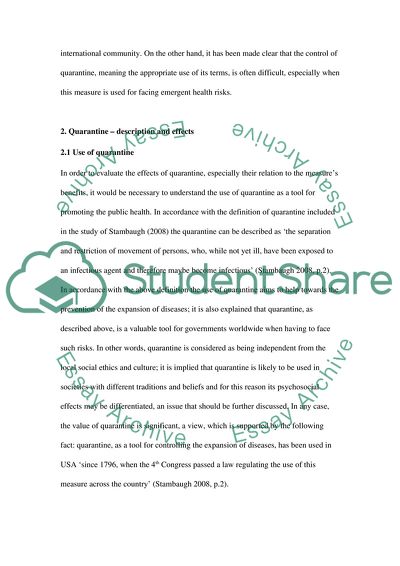Cite this document
(Psychosocial Effects of Quarantine Research Paper, n.d.)
Psychosocial Effects of Quarantine Research Paper. Retrieved from https://studentshare.org/psychology/1754645-prove-the-psychosocial-effects-of-quarantine-do-not-outweight-the-benefits
Psychosocial Effects of Quarantine Research Paper. Retrieved from https://studentshare.org/psychology/1754645-prove-the-psychosocial-effects-of-quarantine-do-not-outweight-the-benefits
(Psychosocial Effects of Quarantine Research Paper)
Psychosocial Effects of Quarantine Research Paper. https://studentshare.org/psychology/1754645-prove-the-psychosocial-effects-of-quarantine-do-not-outweight-the-benefits.
Psychosocial Effects of Quarantine Research Paper. https://studentshare.org/psychology/1754645-prove-the-psychosocial-effects-of-quarantine-do-not-outweight-the-benefits.
“Psychosocial Effects of Quarantine Research Paper”, n.d. https://studentshare.org/psychology/1754645-prove-the-psychosocial-effects-of-quarantine-do-not-outweight-the-benefits.


